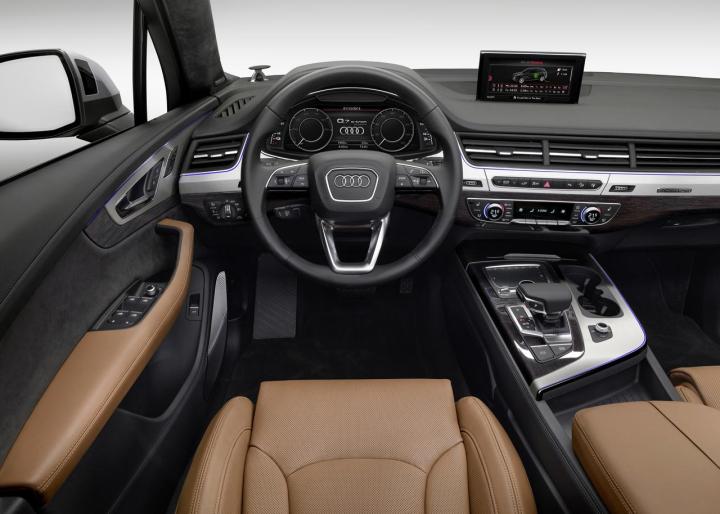
With cars like the Dodge Challenger Hellcat and McLaren P1 pushing the boundaries of performance, sports cars and supercars clearly aren’t going anywhere. But even those vehicles benefit from technology that would seem space-age in the 1970s, proving that the proliferation of in-car electronics has benefits everywhere.
At the inaugural CES Asia event, Luca de Meo, Audi’s head of marketing and sales, drove the point home with a bold proclamation.
“By 2020, 50 percent of value creation will be based on apps, software, electronic systems, and digital services,” he told Automotive News. “This will totally change our industry and our offering.”
His statements were echoed by Audi CEO Rupert Stadler, who explained that technology is one of the main driving forces that will shape the vehicles of the future.
“Never before in nearly 130 years of automotive history has our industry changed as fast and as completely as now: How we engineer our cars, how we produce them, how we present a new model, where we sell it, who we sell our cars to and who we work with in the future,” he said.
We’re already seeing the effects of this evolution with cars on sale now. Back in the day, small-block V8s and Positraction got all the “oos” and “aahs” at car shows. Now? It’s autonomous technology, smartphone connectivity, and studio-quality audio systems.
We recently had a chance to test the 2016 Q7 in Verbier, Switzerland, and the SUV is a capable ambassador to the techie side of Audi. With semi-autonomous features like Traffic Jam Assistant, infotainment offerings like the Audi Virtual Cockpit, and Apple CarPlay/Android Auto smartphone pairing, the Q7 drives like a car from the future.
And like Audi and other automakers will tell you, they’re just getting started.


